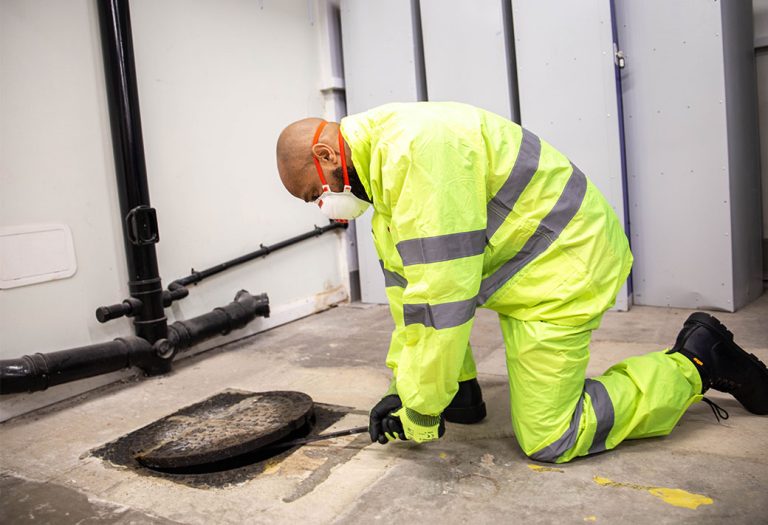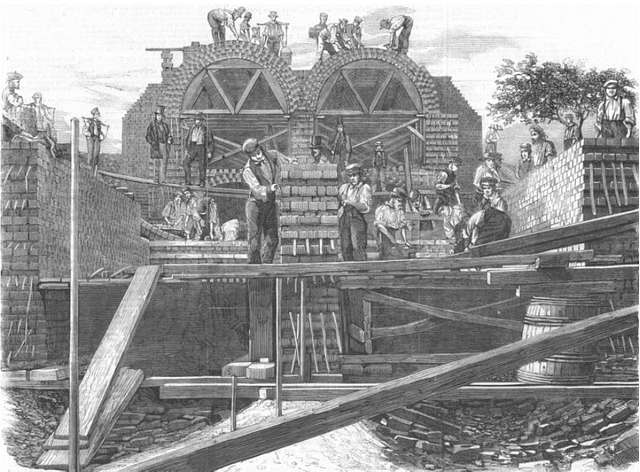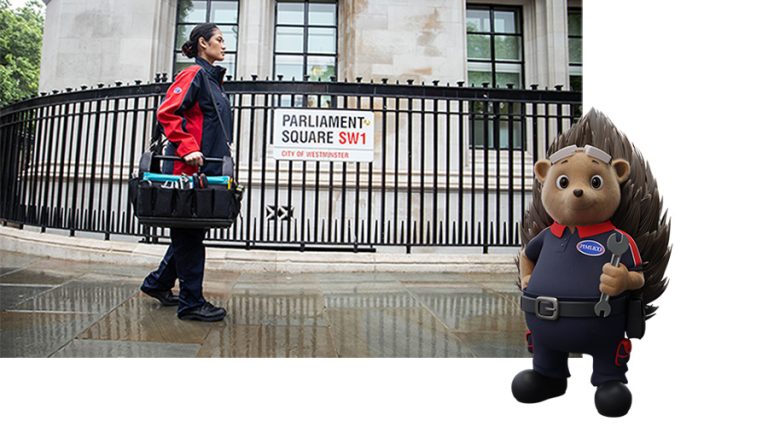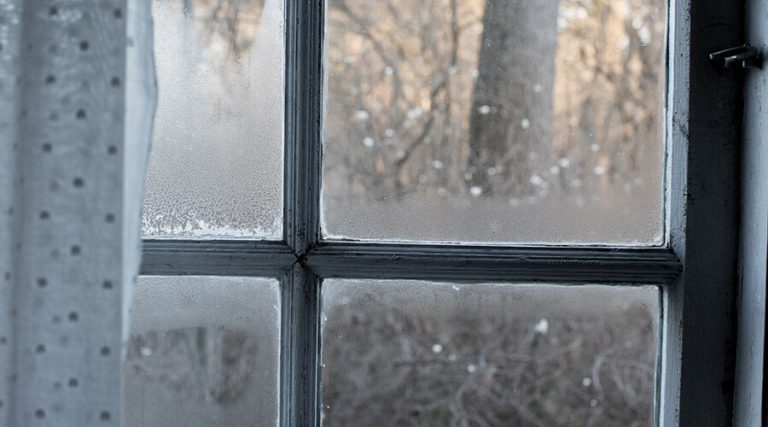Help! I have hot water, but no heating!
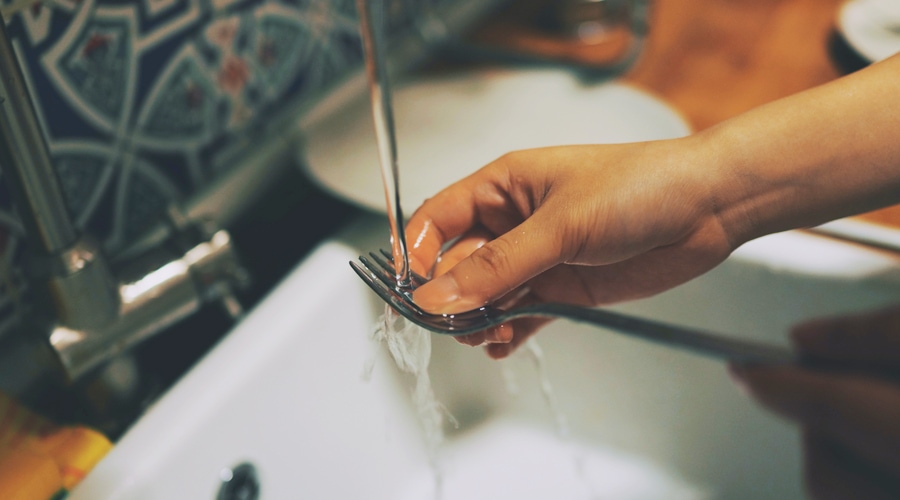
Though boilers have become more efficient and reliable, particularly over the last two decades, troubleshooting issues with your boiler can still be fraught with frustration. A boiler that won’t heat is bound to inconvenience you and your family, but a boiler that produces hot water, but no heating, can prove to be tricky!
In this article, we bust some of the myths on why your boiler might be making hot water but is not heating your home, and what you can do about it.
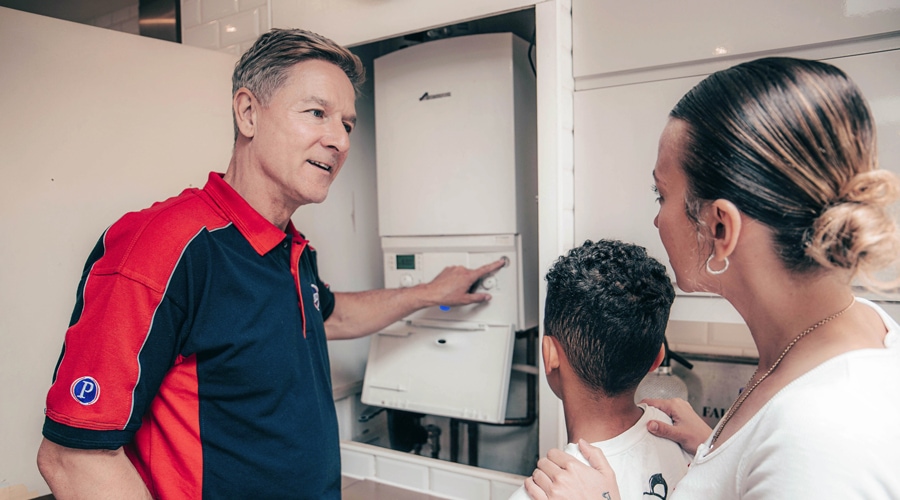
Can you have hot water without heating?
Myth: You cannot get hot water without using your central heating.
Answer: False! This may have been true in the past with older boiler systems, however, there are ways you can get hot water without your heating being switched on or your boiler working fully.
If you have a combi boiler, you can change the usage setting via your boiler’s control panel to choose whether you heat your water, your radiators or both simultaneously. This is one of the reasons why combi boilers have become so popular across the UK, particularly for smaller houses and apartments, as they allow you to heat your water efficiently, without central heating.
If you have a standard central heating system (a boiler and a hot water tank), you will likely have an immersion heater. Immersion heaters are separate from your boiler, with their own electricity supply to heat the water. They can be switched on and off independently to generate hot water at short notice and are a great back-up option if your boiler fails.
If you don’t have an immersion heater and you have no hot water or heating, it’s time to call a central heating engineer. We offer emergency central heating services to help you get your home back up and running.
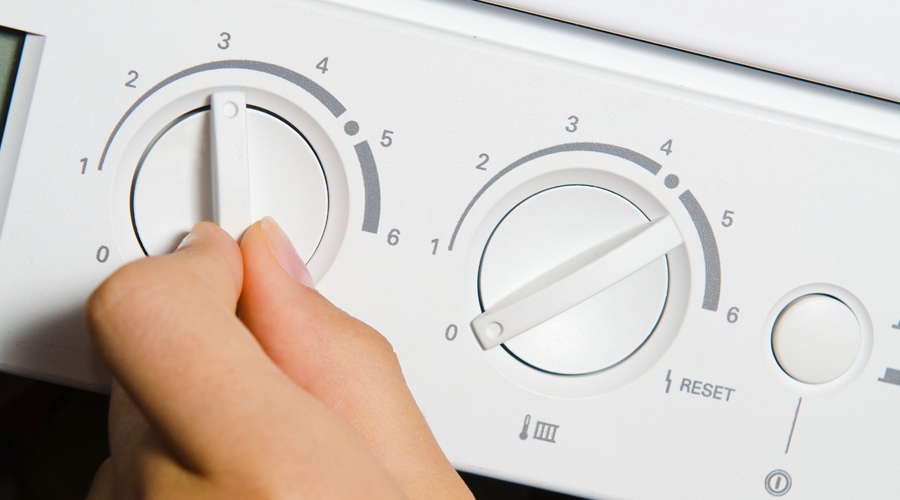
Why is my boiler making hot water but not heating my home?
Myth: Your boiler is not working properly because you didn’t pay your supplier’s latest utility bill.
Answer: False! There are (unfortunately) a myriad of reasons why your boiler’s hot water is working but your central heating is not.
Common, simple fixes for your boiler
It’s always best to check the simplest and most likely cause first, before speculating further.
- Your boiler is set to ‘hot water only’
The most likely reason your boiler is producing hot water, but no heating is because your boiler is set to only produce hot water (a common choice during the Summer) and needs resetting. Always check your boiler or central heating system’s control panel to make sure it is configured to heat your water and radiators simultaneously. - Your boiler’s automatic timer is set incorrectly
With the arrival of daylight savings time and cooler evenings, your boiler’s automatic timer may be configured to switch on at the wrong time. Try checking the control panel to make sure the day(s), time and length in your heating’s automatic timer is correct. - Your thermostat is set too low
If your thermostat is separate from the boiler unit control panel, check what temperature it is set to. It could be that the temperature setting is too low, meaning the heating will not be triggered until your house is much colder. - Your radiators can be set independently
Some homes have radiators that can be adjusted independently from the central heating’s general thermostat. Usually, this is controlled at the bottom of each radiator via a white thermostatic radiator valve. Make sure each radiator valve is set to the correct temperature or inherits from the main thermostat.
Common faults with your boiler
Unfortunately, sometimes a physical fault is the culprit for your central heating system not working as expected. Below are some of the most common reasons why:
- Your radiators need bleeding and/or cleaning
If your radiators are lukewarm to the touch, this means your boiler is working but the heat isn’t transferring correctly to the radiators. This is usually caused by excess air inside the radiators which can be bled out (you can do yourself), or excess ‘sludge’ inside your radiators (naturally occurring build-up of debris) that needs to be cleaned out. We recommend that this is done by a professional heating engineer as they will be able to rebalance your central heating system once this is done for optimum performance. - Ignition lead on the way out
Your boiler relies on an ignition lead to ignite the pilot light and burn gas to produce hot water and heating. If the ignition lead is on the way out, your boiler won’t ignite, you can diagnose this when you turn your thermostat up and hear your boiler clicking to ignite. Ignition leads are one of the few cheaper parts of a boiler to replace, with combined parts and labour costs starting from £200. - Your boiler’s burner is blocked
As your boiler burns gas to heat your home and water, it produces carbon. After frequent use, your boiler’s burner can get congested with carbon build-up, making it less efficient and temperamental. Most of the time, burners can be cleaned and reinstalled by a gas safe heating engineer. However, if your burner has been left in a congested state for a while, it may need replacing entirely, making it a costly fix with combined parts and labour costs starting from £250. - Faulty combi boiler diverter valve
If you have a combi boiler, you will have a diverter valve. A diverter valve oscillates to distribute the heat generated by your boiler between your central heating and hot water. Eventually, the valve will fail after wear from age or frequent, high demand use, meaning it will need replacing. This can only be done by a gas safe registered engineer, with combined parts and labour costs starting from £300. - Finally, your boiler may need replacing
Boilers have a finite lifespan, usually around 15 years. If you’re finding your boiler is becoming a regular nuisance, it may be time to consider upgrading your central heating system. We have put together a comprehensive article on whether your boiler just needs a thorough service, or if it’s time to replace it.

What should I do?
Myth: Your boiler needs replacing.
Answer: True and False! Sometimes the cost of fixing an older boiler outweighs the cost to replace it entirely. A good heating engineer will always assess your boiler’s health and condition during an annual boiler service to weigh up the benefit of keeping your current boiler going or swapping it out for a newer, more efficient model.
If you are looking for a heating engineer who is gas safe registered and can provide you with honest advice and insight about the health of your boiler, reach out to us and fill out our contact form here to receive a free no-obligation quote.

